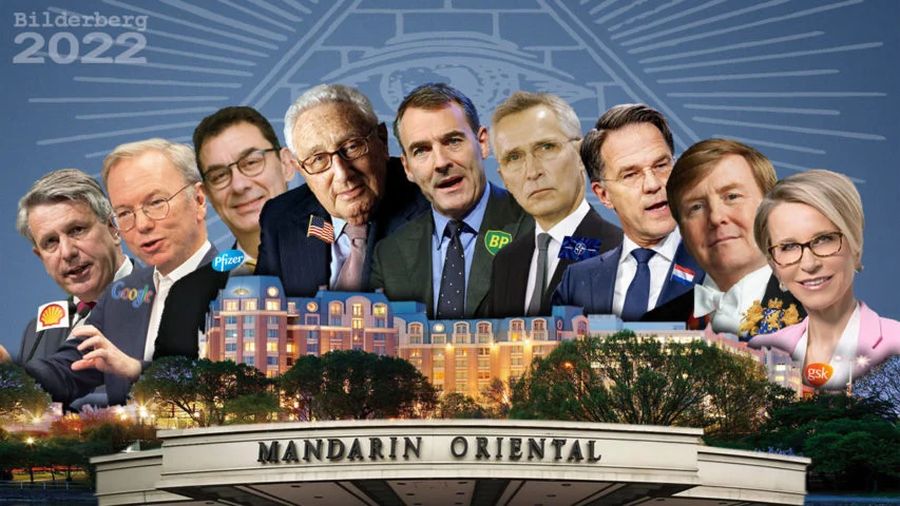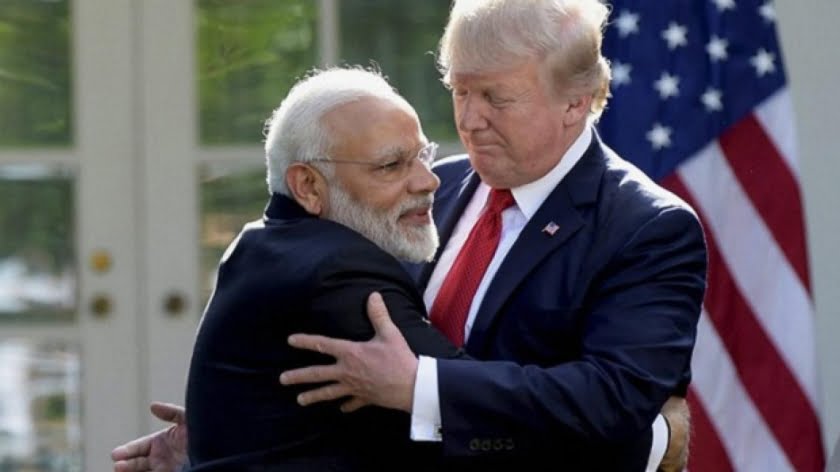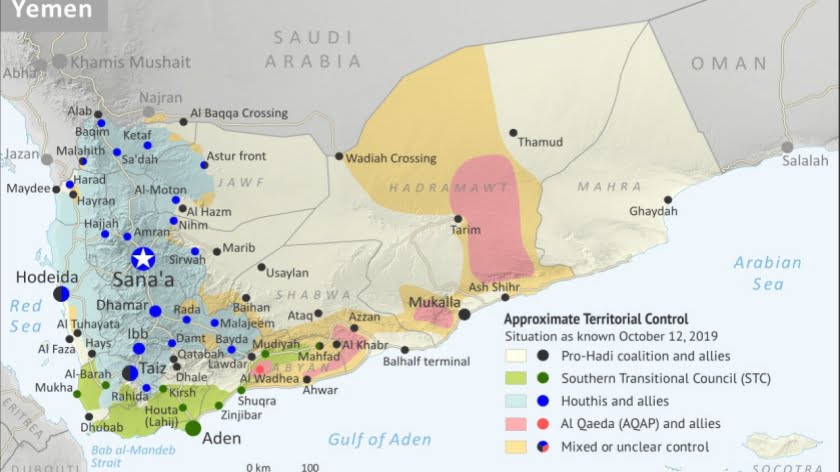The 2022 Bilderberg Meeting in Washington DC: Geopolitical Realignments and Disruption of the Global Economy in the Post-Pandemic World
It isn’t every day that an elite group of more than 120 high level political leaders, corporate CEOs, and representatives from the worlds of finance, academia, and the media meet to discuss global affairs. But when such a top-level gathering does take place, you might imagine it would receive extensive media attention. In the case of meetings of the ultra-secretive Bilderberg Group, however, this is not what generally happens. Instead, the vast majority of the mainstream media simply avoids making any mention of them. This year’s Bilderberg meeting, held between 2-5 June at the luxurious Mandarin Oriental Hotel in Washington D.C., was no exception.
Established in 1954, meetings of the Bilderberg Group are invitation-only and normally take place once a year. Around two-thirds of the participants come from Europe, with the rest coming from North America. Publicly, Bilderberg likes to claim that its meetings are simply a forum for ‘informal discussions’. In reality, however, they wield enormous global influence.
The appointment of former Belgian Prime Minister Herman van Rompuy as the first President of the European Council in 2009 famously took place within days of him attending a special Bilderberg dinner meeting that was seemingly organized for the sole purpose of considering his candidacy. Many other Bilderberg alumni, such as Bill Clinton, Tony Blair, and Angela Merkel, have similarly gone on to assume senior political roles after attending its meetings. For this reason, Bilderberg’s participant lists are often seen as a good indication of where future power may lie.
Notable attendees
Notable attendees from the world of politics at this year’s meeting included the 99-year-old Henry Kissinger; Mark Rutte (Prime Minister of the Netherlands); Sanna Marin (Prime Minister of Finland); Charles Michel (President of the European Council); and Margaritis Schinas (Vice President of the European Commission). Ukrainian President Volodymyr Zelensky was also tipped to be contributing this year via a video conference link.
Attendees from the corporate world included Albert Bourla (Chairman and CEO of Pfizer); Emma Walmsley (CEO of GlaxoSmithKline); Ben van Beurden (CEO of Shell); Bernard Looney (CEO of BP); Eric E. Schmidt (former CEO and Chairman of Google); Yann Lecun (Vice President and Chief AI Scientist of Facebook); Kevin Scott (CTO of Microsoft); and José Manuel Barroso (Chairman of Goldman Sachs International).
Other stand-out names appearing on the participant list included the King of the Netherlands; Jens Stoltenberg (Secretary General of NATO); William J. Burns (Director of the United States Central Intelligence Agency); Jake Sullivan (Director of the United States National Security Council); and Jeremy Fleming (Director of the British Government Communications Headquarters).
Bilderberg expects global instability to continue
The list of key discussion topics at this year’s meeting suggests Bilderberg expects the current period of global instability to continue. Top of the discussion list was the subject of ‘Geopolitical Realignments’. This was followed by discussions on ‘NATO Challenges’, ‘China’, ‘Indo-Pacific Realignment’, ‘Sino-US Tech Competition’, and ‘Russia’.
Just as concerning as these opening topics was a discussion on ‘Continuity of Government and the Economy’. Frankly, we can only but guess exactly what this might have been referring to. Continuity after what, in other words. Another global pandemic and a breakdown of public order? Economic collapse? An escalation of the war in Ukraine? While a possible indication can arguably be found in the discussion topic that followed (‘Disruption of the Global Financial System’), Bilderberg’s overall message seems to be that the world will not be returning to normal anytime soon.
A further thought-provoking topic came in the form of a discussion titled ‘Disinformation’. Given the growing worldwide controls on freedom of speech over the past two years, particularly online, and the Biden administration’s attempt to set up a so-called ‘Disinformation Governance Board’ with the stated goal to “coordinate countering misinformation related to homeland security”, the participation of several heavyweight representatives from big tech in the meeting suggests Bilderberg has decided that achieving ‘Continuity of Government and the Economy’ is dependent on gaining still further control of the online world.
Following a discussion on ‘Energy Security and Sustainability’ in which we can assume the CEOs of Shell and BP played prominent roles, next up on the agenda was an item titled ‘Post Pandemic Health’. With Pfizer’s COVID-19 vaccine having recently become the most lucrative medication in history, the participation of its CEO this year can be interpreted as a sign that Bilderberg is betting on the company’s dominance of pharmaceutical medicine to continue.
Other topics covered (or at least, those we have been told about) included discussions on the ‘Fragmentation of Democratic Societies’ and ‘Trade and Deglobalization’. The meeting apparently closed with a discussion on Ukraine.
And there you have it. Aside from a well-written article penned by long-time Bilderberg observer Charlie Skelton that was published in the Guardian, mainstream media coverage of the 4-day meeting was virtually non-existent. It wasn’t as if big media didn’t have anyone present, however, as the participants included senior representatives from Axel Springer, The Economist, The Financial Times, and others. It’s simply that they – and Bilderberg – don’t want you to know about it.







